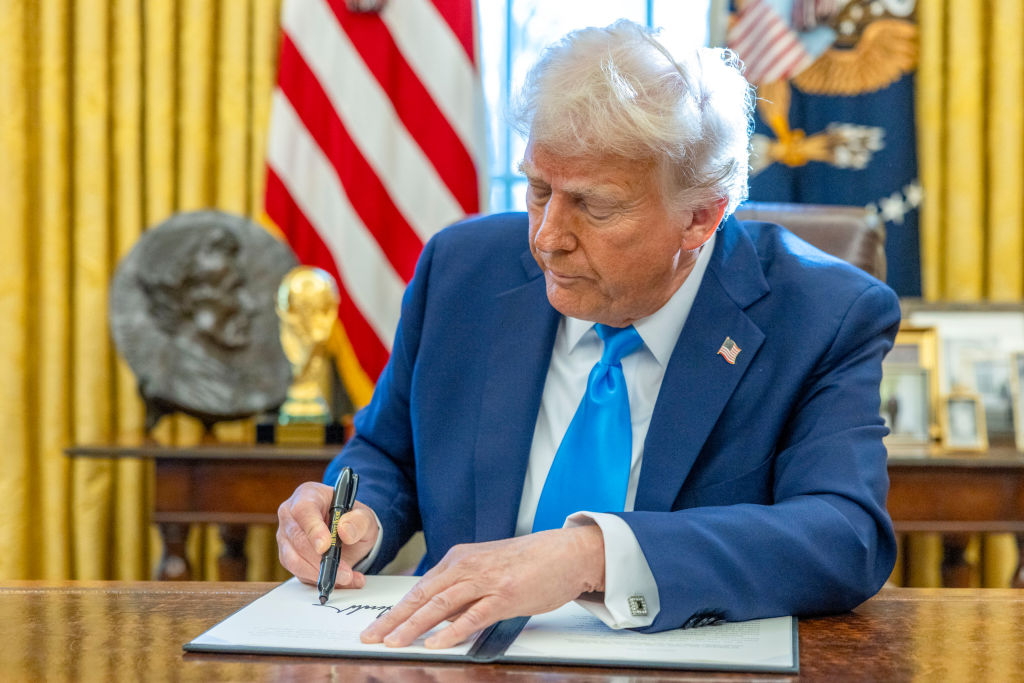
(To get this story in your inbox, subscribe to the TIME CO2 Leadership Report newsletter here.)
In his first weeks in office, President Donald Trump has sought to take a wrecking ball to climate and environmental policy. He has directed his administration to roll back a wide range of regulations and aims to undercut the agencies that enforce them by targeting staff.
[time-brightcove not-tgx=”true”]
The moves, he claims, will free businesses of ballooning compliance costs and allow them to prosper. “Overregulation stops American entrepreneurship, crushes small business, reduces consumer choice, discourages innovation, and infringes on the liberties of American citizens,” reads a White House fact sheet explaining the deregulatory agenda.
Some companies may celebrate, particularly smaller firms where compliance costs have an outsized influence on the bottomline. But the speed and scale of the effort to nix climate regulations also comes at a price—and not just for efforts to cut emissions. Businesses rely on stable policy regimes to invest and grow their business. And, right now, any company with even a tangential connection to climate and energy is feeling a good deal of uncertainty.
Despite the real financial costs of all this uncertainty, most corporations are reluctant to speak up publicly even as they fret behind closed doors. Trump can always make things worse—going as far as to target specific companies that get in his way—and so executives are learning to stay quiet.
But in regulatory filings, where companies are legally required to speak plainly about risks to their business, companies warn about the financial consequences from rapid climate policy shifts. The Ford Motor Company lists the back-and-forth on climate policy between administrations in a section on “legal and regulatory risks” that might materially affect their business. Bank of America alludes to the “divergent views of stakeholders” on climate chances and warns that “heightened legal and compliance risk” now comes from all sides as the firm works on climate. Dow, the chemical company, lists climate change among its business risks, including “changes in public sentiment and political leadership, including government incentives and tax credits to promote emission reductions.”
After the election, ExxonMobil CEO Darren Woods told Semafor that the U.S. needs a more consistent approach.“The polarization and political back-and-forth that we see in [the U.S.] is not good for the country, not good for society. It’s frankly not good for business,” he said. “What we need is more thoughtful, consistent regulation.”
Even changes that many companies are upbeat about—think of faster permitting for energy infrastructure—come with significant risks. For one, it may be difficult to rapidly permit projects if the workforce responsible for doing so has been fired. But, perhaps more importantly in the long term, is the question of what will hold up in court. Much of what the Trump Administration does through a flurry of executive action will be contested, and the time it takes to see that play out has a cost as companies remain in limbo unsure how to deploy their funds.
In the first week of the Trump presidency, I highlighted the complexities of his anti-climate push—most importantly that his moves will face off against the realities of the market. But it’s also true that in light of the urgency of climate change, even just gumming up the market can have a meaningful effect, slowing down the pace of the green transition.



